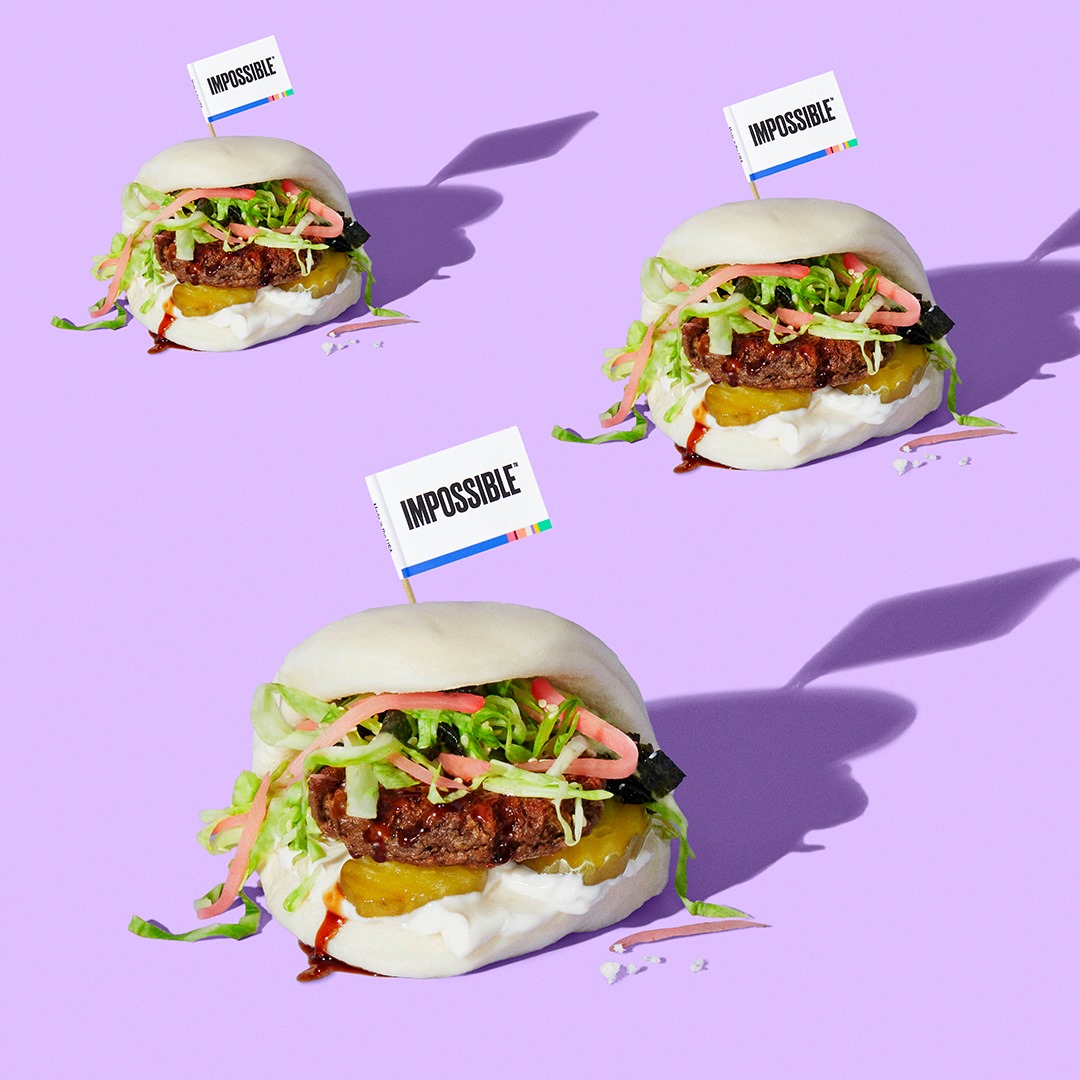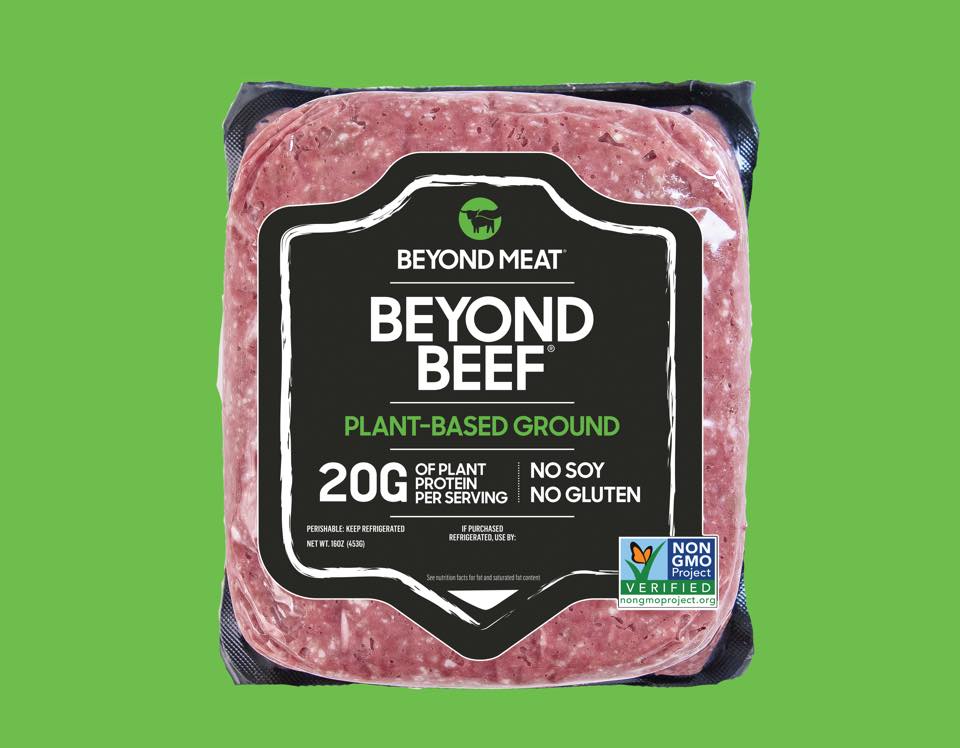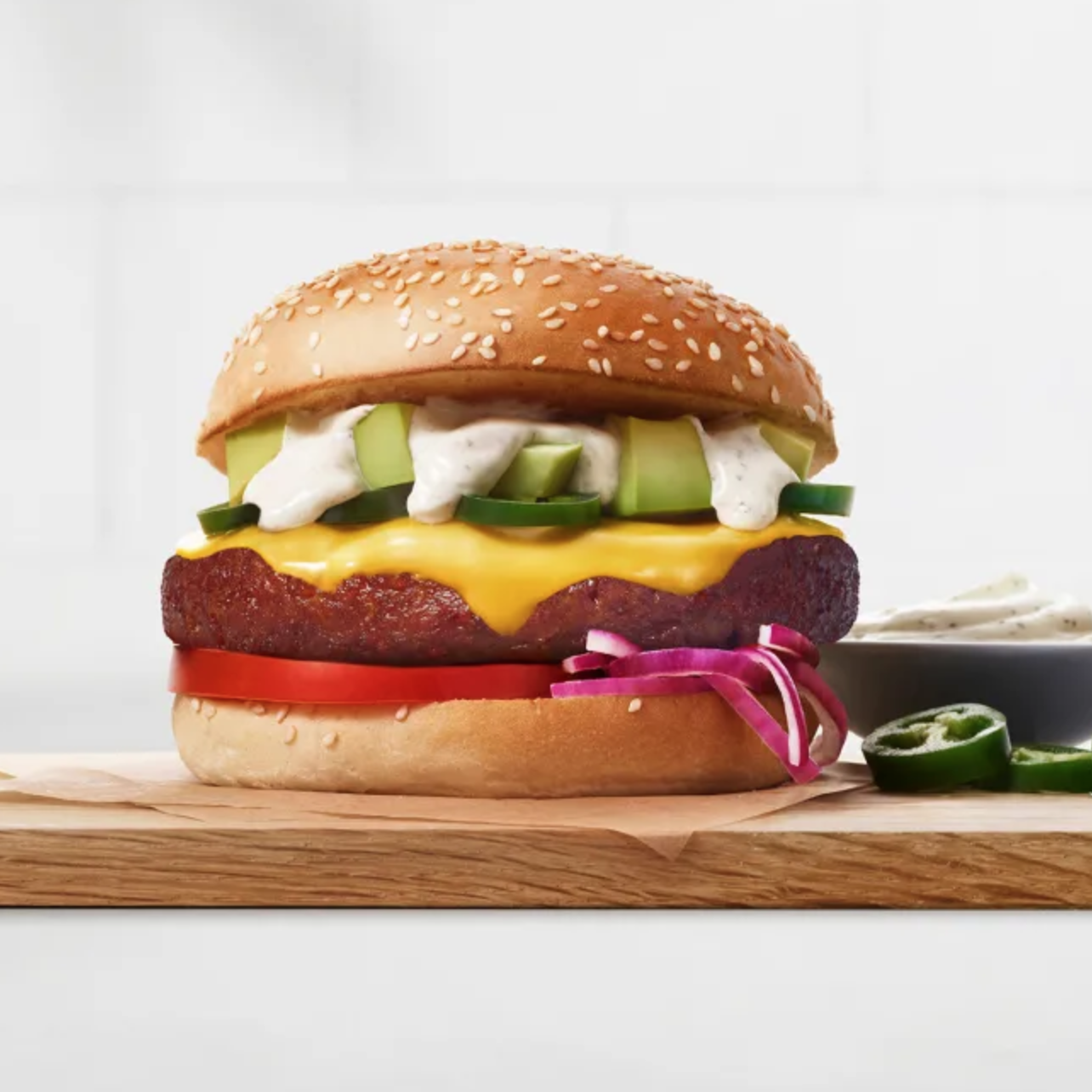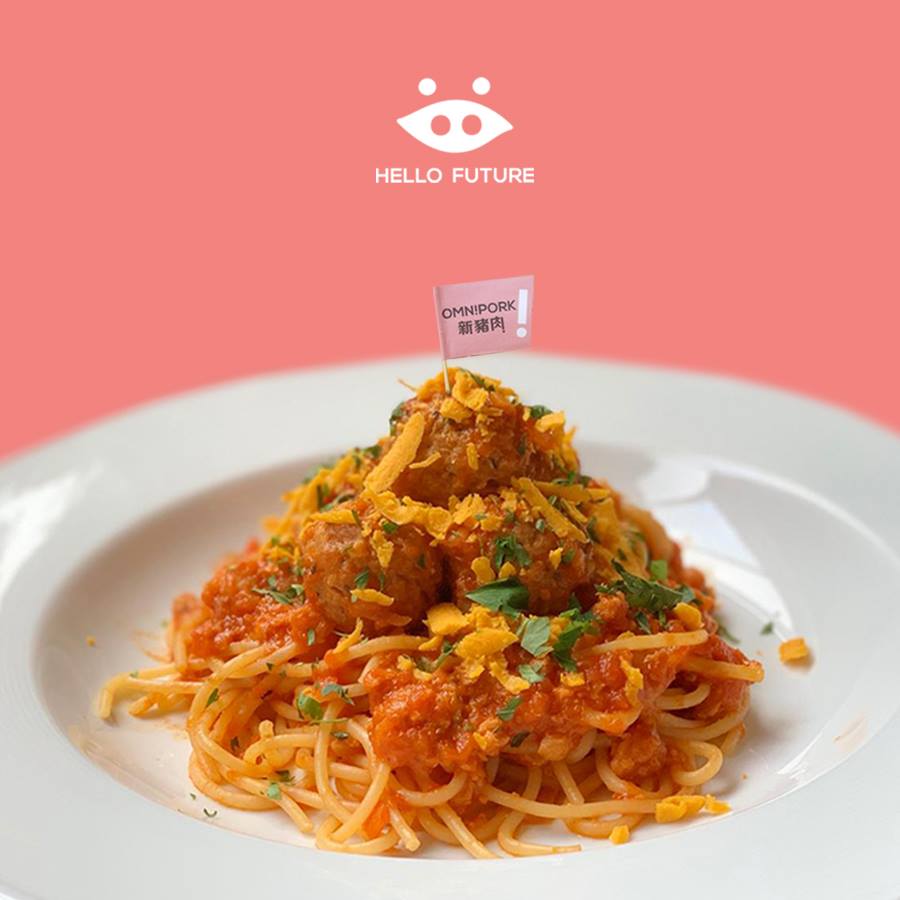Media this week has proclaimed the death of smashed avocado as millennials set their sights on fake meats. From Impossible Foods and Beyond Meat in the US, to Max Burgers in Europe and Right Treat in Asia, here is our look at the meat substitutes available right on the market, and a glimpse of those to come.
A decade ago, the idea of fake meats was little more than hippie hogwash to the mainstream. Finding a restaurant that would substitute a portobello mushroom for a beef patty was a mean feat, let alone any sort of plant based, meaty look-a-like.
But these days, the fake meats industry is booming. According to estimates by Barclays, sales of plant-based meat alternative sales could grow by 1000 per cent over the next 10 years to exceed $200 billion.
That’s good news for the roughly 8 per cent of Australians who are vegetarians, half of which are millennials.
Consumers are disrupting the market, making conscious choices based on the impacts traditional meat production has on our planet, our health and the animals themselves.
It’s also good news for the planet, given livestock is the leading source of methane and nitrous oxide emissions, responsible for roughly 16.5 per cent of all greenhouse gas emissions, according to a report by the Changing Markets Foundation.
This same report also links 60 per cent of human caused biodiversity loss to the impacts of livestock. This is compounded by the Food and Agriculture Organization of the United Nations’ findings that nearly half of worldwide harvests go to feeding the livestock population.
Luckily, as awareness around these negative impacts of the livestock industry rise, the tides of historic meat reliance seem to be receding. Consumers are disrupting the market, making conscious choices based on the impacts traditional meat production has on our planet, our health and the animals themselves.














